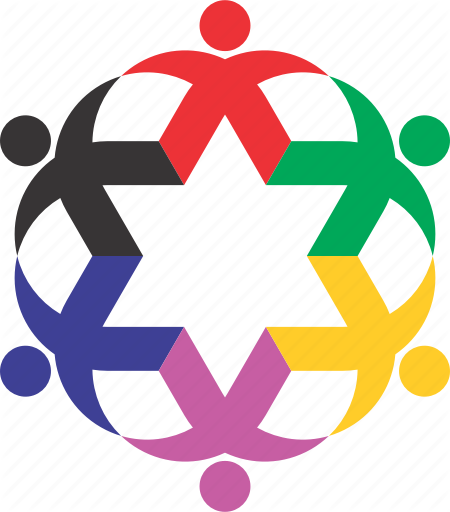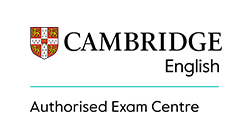Given its unique challenges, multicultural counselling approaches are quite important in order to perform the role of a counsellor in your class. Well, recently the Information and Communication Technology (ICT) associated courses also continue to be the most favoured ones along with the significance of counselling. Also, in the absence of a trained counsellor, skilled teacher counselling courses for teachers can equip teachers with the necessary skills so that they are able to do the role of a counsellor and help students. The best teachers are often a combination of the two.
We all know that teachers play a noteworthy role in shaping the personality of the students, isn’t it? Therefore, the 21st-century teaching demands more than just teaching from the teaching professionals. A teacher who is in touch with students can initiate the conversations and encourage students to open up and that teacher becomes the key source of on-campus support for the students. You perhaps know that the Central Board for Secondary Education (CBSE), India recommends the significance of a full time on-campus counsellor and most of the cases is not being implemented. Well, the reasons can be many, unavailability of accomplished counsellors, indifference by the school management and so on.
But, apart from these circumstances, one of the hardest things that stand up is making the students understand meeting school counsellors when they find themselves in trouble. Here, new-aged teachers play an important role in bridging the gap. Though, not all teachers have what it takes to become one.
The Teacher as a Counsellor
Well, let’s see the characteristics of the teacher as a counsellor:
- Kind and caring
- Empathetic and understanding
- Positive and motivating
- Good listener and communicator
- Dependable and reliable
- Self-aware and sensitive to others’ needs
- The teacher also needs to be interested in helping students to attain their personal goals and encourage the development
Well, it is not easy for students to share their issues with a teacher, that’s why building trust in the minds of learners is crucial if a teacher wants to be a counsellor. Without any personal bias or based on academic records or personality, the teacher should observe the student well. A teacher who is usually being perceived to be open-minded could be identified as trained in counselling.

(Ref: https://bit.ly/32J60of)
It is necessary to understand that, as a counsellor, the role is not about giving advice because students tend to be ignored here. It is more about providing guidance. Counselling is a learning-oriented process where the counsellor expresses care and concern towards the person with a problem. The educational sectors in India have slowly started to realize the significance of counselling in schools and this has been welcomed well by teachers.
So what professional development opportunities are available to experienced professors who have never taught the multicultural counselling course?
Multicultural counselling requires coursework. The multicultural counselling symbolizes the counselling training that offers effective involvements to culturally assorted clients. Race, ethnicity, and culture influence a child's identity as well as life circumstances. Well, it has been recommended that experiential education is a crucial factor for nurturing multicultural capability. As different cultural standpoints work on a deeply personal level, hence, understanding the cultural differences among learners is likely to be a potentially emotional experience.
The multicultural class is the counselling course that precisely addresses multicultural competence with its central focus. It is important that your students sufficiently reflect and process the emotional content. The counselling courses for teachers will prepare them for counselling diverse multicultural clients. A multicultural class provides experiential and transformative opportunities to your teaching career. This counselling approach has various slants, but it basically is a method of therapeutic counselling that considers the different factors that affect racial, ethnic, and other types of minorities. It was not until 1972 that the American Personnel and Guidance Association (now the American Association of Counselling and Development) developed the Association for Non-White Concerns (now the Association for Multicultural Counselling and Development (AMCD)).
Discovering Multicultural Counselling Skills
Gaining cultural competence by becoming a multicultural counsellor involves developing the right skillset as a teaching professional. It involves numerous key factors that are gained through education and work experience.

Well, developing these skills starts with the right counselling courses for teachers program. This highlights the developments relevant to multicultural counselling, such as social psychology, multicultural psychology, and critical thinking in the social sciences.
Becoming a counsellor skilled in multicultural counselling is an ongoing process, especially when you are a teaching professional. New-aged teaching demands more! To survive in this evolving educational sector, you need to stay one step ahead.
Written By : Gargi Sen











